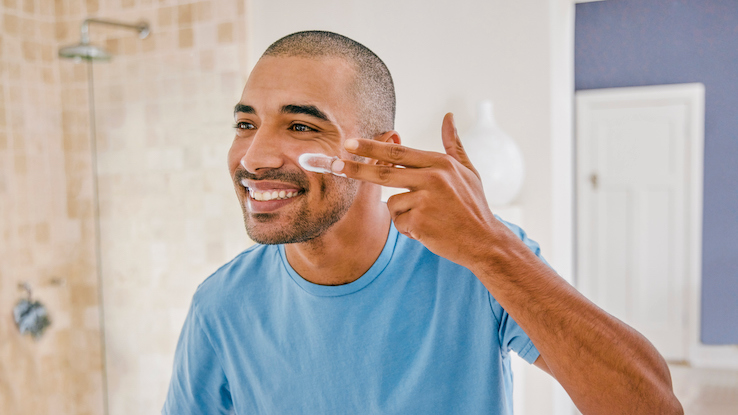
Heat rash, also called milaria, commonly occurs when the body overheats and perspiration ducts on the skin become blocked such that sweat is trapped under the skin. The resulting inflammation and rash with these particular signs and symptoms are most frequently found in areas of high friction, either skin to skin or skin to clothing. Heat rash can occur in any age group, and it is not contagious from person to person.
Typically, a heat rash will resolve on its own without specific treatment. Prevention is key to avoid developing these uncomfortable and itchy bumps on the skin, but if a heat rash does develop, try these home remedies to help zap symptoms away.
- Wear Loose Clothing: Choose clothing that is lightweight and loose on your body to avoid further rubbing and irritation.
- Stay Hydrated: Drinking plenty of fluids will help prevent dehydration that can be associated with heat rash.
- Keep cool: Do your best to keep your body’s temperature down by spending time in air conditioned spaces and avoiding outdoor activity or exercise that might lead to sweating and worsening of the rash.
- Take Cool Showers: Bathing or showering in cool water helps to rinse off sweat and cool down the body, which can help to reduce the pain and discomfort associated with a heat rash.
- Use Cold Compresses: Minimize the redness and irritation of heat rash by applying a cold compress to the affected area of the skin. You can wrap ice cubes in a washcloth or use a frozen bag of vegetables to apply cold temperatures to the rash for up to 20 minutes at a time.
- Avoid Scratching: Though challenging, it is important to avoid scratching the rash as much as possible since scratching worsens irritation. Try patting the skin instead when itchiness occurs.
- Apply Gentle Skin Products: Look for soaps or lotions that are made for sensitive skin to avoid fragrances that can cause heightened skin reaction.
- Try Anti-itch Lotions: Aloe vera gel and calamine lotion are both available over the counter and may be helpful in relieving the itch of heat rash.
If these remedies do not provide relief of your heat rash or if symptoms worsen over time or are accompanied by a fever, it is important to speak with your healthcare provider right away. They may prescribe stronger anti-inflammatory treatments, or explore other possible root causes of the rash.
Resource Links:
- “Heat Rash (Prickly Heat)” via National Health Service (NHS)
- “Heat Rash” via Mayo Clinic
- “Aloe Vera” via National Center for Complementary and Integrative Health (NCCIH)





